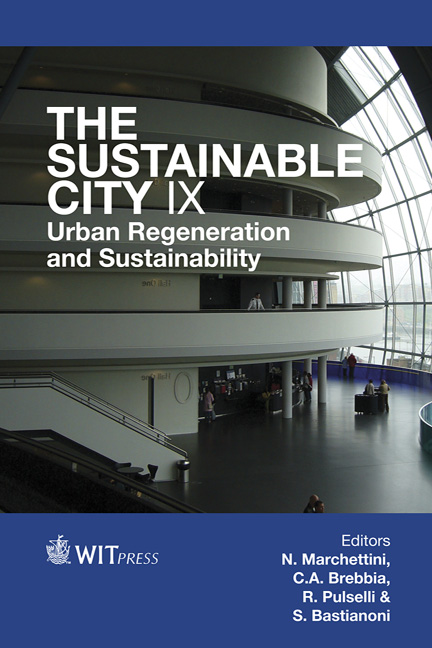Beyond The Current Dutch Spatial Planning System: Towards A Beneficial Spatial System That Accommodates Today’s Complex Societal Needs
Price
Free (open access)
Transaction
Volume
191
Pages
13
Page Range
151 - 163
Published
2014
Size
287 kb
Paper DOI
10.2495/SC140131
Copyright
WIT Press
Author(s)
M. Lodder, J. Rotmans, M. Braungart
Abstract
This paper will analyse the developments in the spatial planning system in the Netherlands, as of the industrial revolution, as it has led to good practices of international recognition, but now seems to be under pressure because of the increasing complexity and multiple crises induced by societal changes.
This historical analysis will be conducted from a Transition and Cradle to Cradle perspective as the system is optimized, based on technological developments, demographic and economic growth, without integrating the benefits in ecologic and societal values. Various problems as ineffective use of space; loss of ecosystem services in the urbanized areas; and several social problems are the result. In other words, the spatial planning system has multiple system failures and is in need of an alternative perspective.
This alternative perspective will be based on the autonomous developments and recurring patterns. We will highlight how the state, market and civil society could support the generation of ecological and societal benefits through the economic developments in the built environment.
Keywords
spatial planning, urban design, area development, sustainable urban development, sustainable cities, sustainability transitions, transition management, Cradle to Cradle





